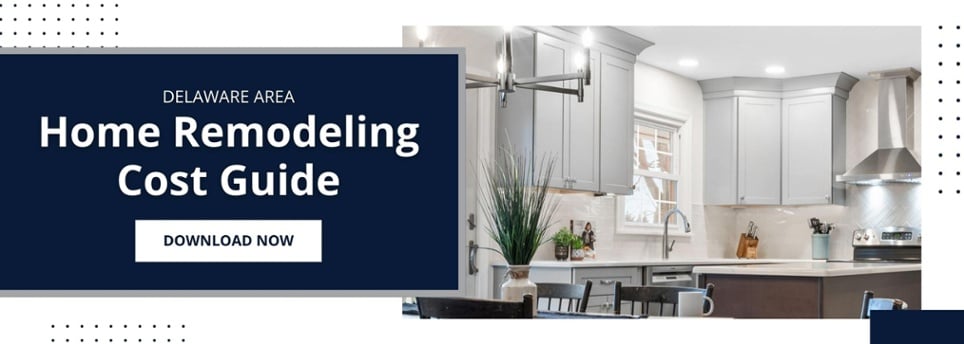In-Law Suites: What are They and Why Are They a Great Home Addition?
As family dynamics evolve and housing needs change, many homeowners explore versatile living options catering to multi-generational families while providing practical benefits. One increasingly popular solution is the addition of an in-law suite to the home. But what exactly is an in-law suite? Typically, it’s a private living area within a house or on the property that offers separate living quarters and amenities for extended family members. You may have heard them called auxiliary dwelling units (ADUs) or granny cottages. These suites provide the ideal balance of closeness and independence, making them a valuable addition to any home. Bromwell is here today to explore what in-law suites are, outline their various types, and discuss why they're an excellent investment for today’s homeowners.
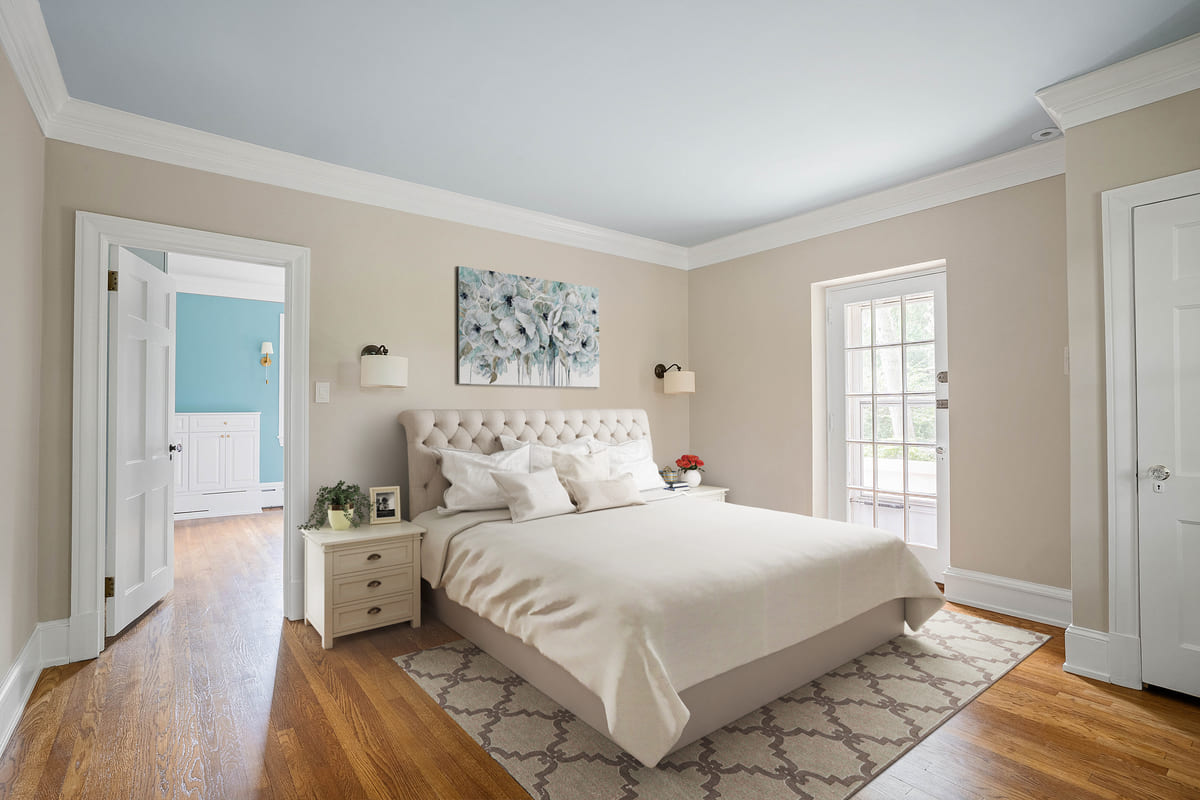
What Makes In-Law Suites Unique?
In-law suites, or secondary suites, come in various forms, but they all serve the fundamental purpose of providing an integrated but independent living space for family members or guests.
Types of In-Law Suites
- Detached In-Law Suites: These are standalone structures separate from the main house. A detached in-law suite offers maximum privacy and typically includes all the essential amenities like a kitchen, bathroom, and living area. This option is ideal for properties with ample space and can also double as guest houses or rental units.
- Attached In-Law Suites: These suites are additions to the existing home structure. They may have a separate entrance and are often converted from garages, basements, or large extra rooms. Attached suites are easier to access for family interaction and support.
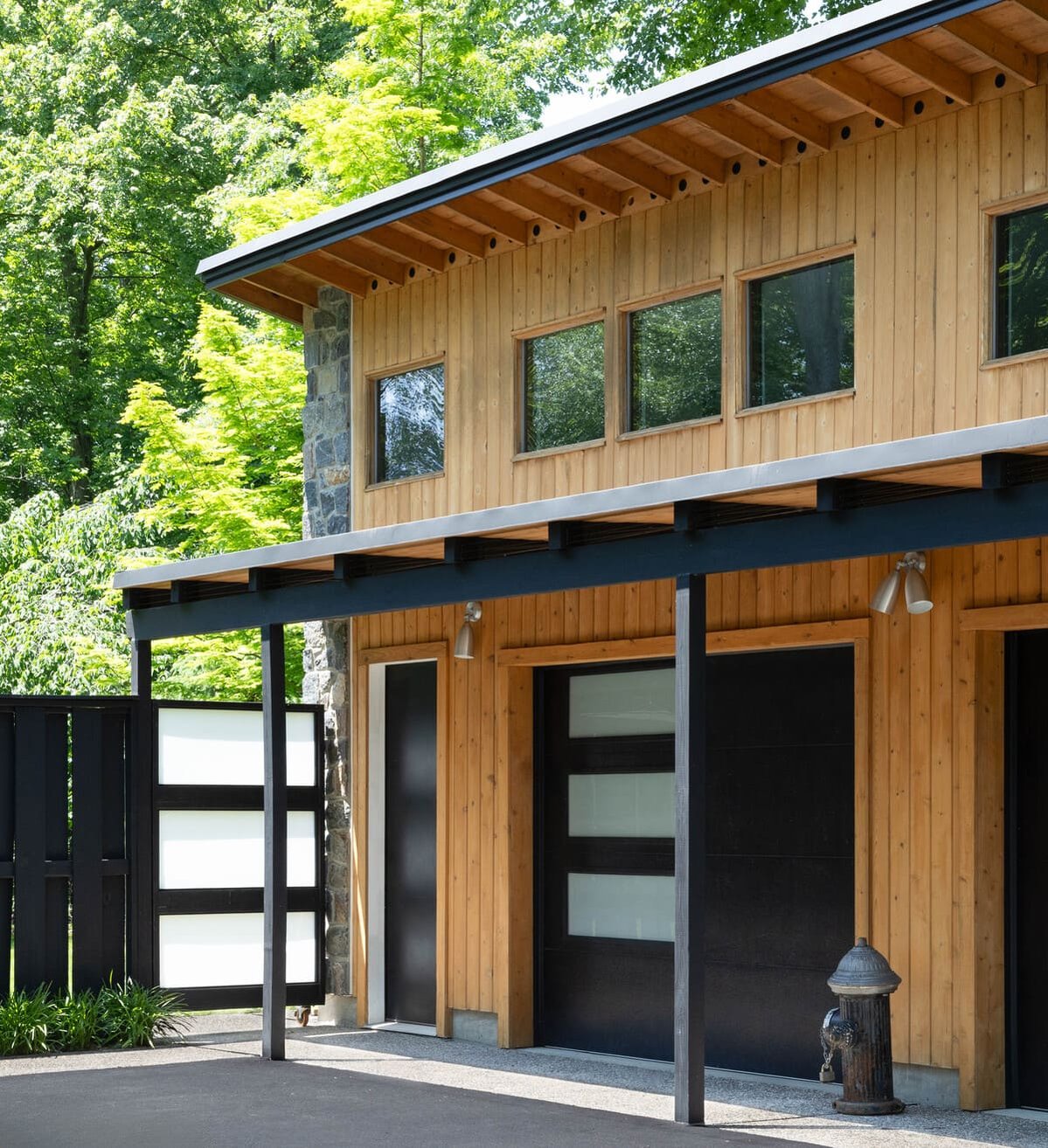
Features and Layout for ADUs
- Separate Entrances: In-law suites usually have separate entrances from the house's main entryway to ensure privacy and independence.
- Kitchenettes: Most in-law suites include a small kitchen, which is essential for a self-sufficient living space.
- Living Areas: These suites are designed with comfort in mind, providing ample space for living and sleeping, making them ideal for long-term stays.
- Size Considerations: The size of an in-law suite can vary greatly depending on the existing structure and the family's specific needs. On average, these suites range from 500 to 800 square feet, providing sufficient space for a comfortable, functional home within a home.
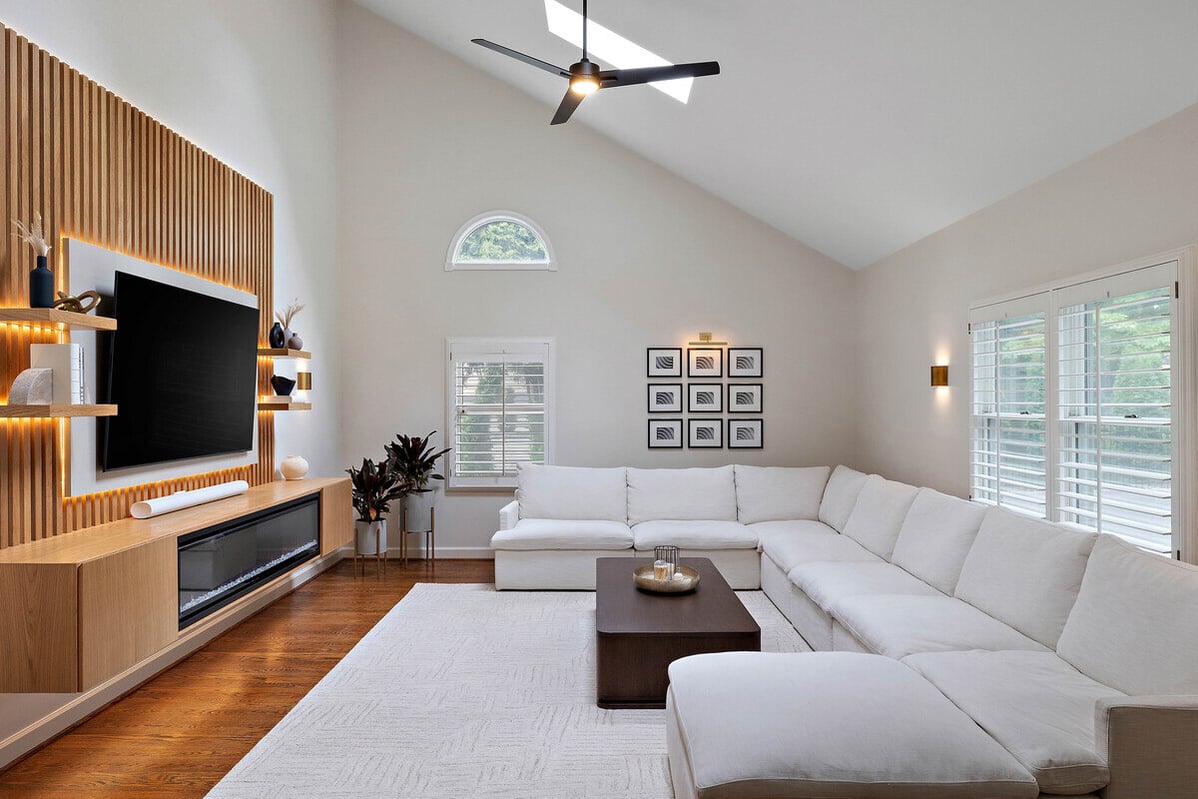
Benefits of Building an In-Law Suite
In-law suites offer a multitude of advantages that extend beyond just additional living space. Here are some key benefits that make them a worthwhile addition to any home.
Multigenerational Living Benefits
One of the most significant advantages of an in-law suite is the ability it gives families to live together while maintaining individual independence. This arrangement can be particularly beneficial for aging parents who may require some care or supervision but still value their autonomy. It also allows for closer family bonds and the sharing of responsibilities such as childcare, which can substantially help busy parents.
Potential Rental Income
An in-law suite can also serve as a source of rental income. Whether attached to the main house or detached, these units can be rented out to tenants, providing homeowners with a steady income stream. This is particularly advantageous in areas with high rental demand, turning it into a smart financial investment.
Increased Property Value
Adding an in-law suite often increases home value. Given the growing demand for homes with flexible living spaces, having an in-law suite can make a property more attractive to potential buyers. This is especially true in markets where multigenerational housing is becoming more popular, potentially leading to a higher resale value.
In-Law Suite Addition Cost
The cost of building an in-law suite can vary widely based on several factors. These include the size of the addition, whether it's attached or detached, the quality of materials used, and the complexity of the installation for utilities like electricity, plumbing, and HVAC.
- Building Costs: On average, homeowners might spend over $125,000. Detached units tend to be more expensive due to the need for a new foundation and separate utility connections.
- Material and Labor Costs: Costs can also escalate based on the finishes and fixtures chosen. High-end finishes in kitchens and bathrooms, for example, can significantly increase the overall expense.
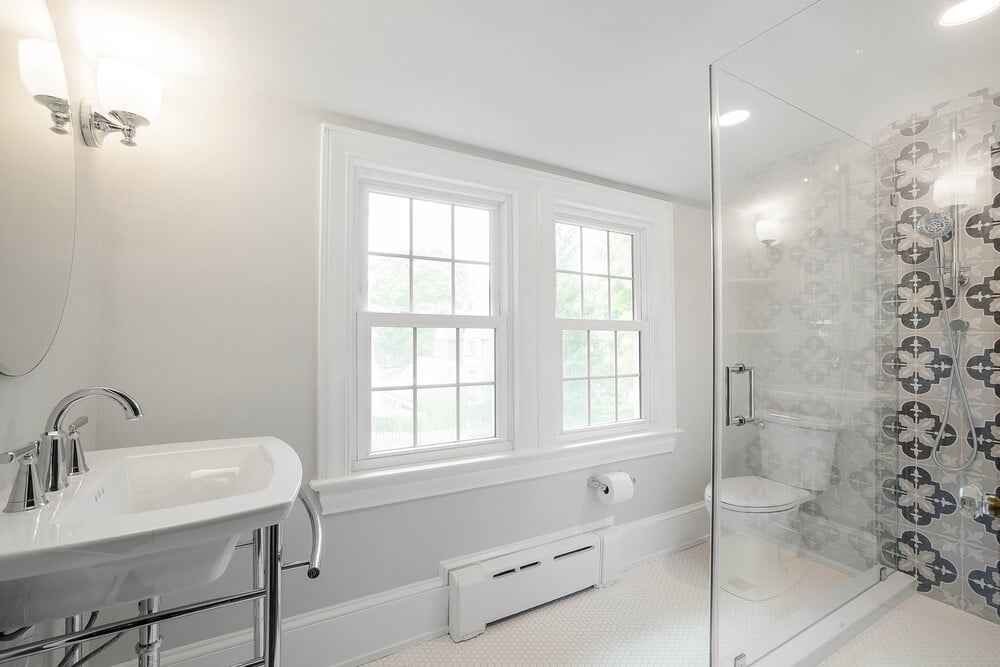
If you’re planning one as part of a larger home expansion, it helps to have a clear understanding of what a home addition costs in Delaware so you can budget realistically and prioritize the features that matter most.
How Much Does an In-Law Suite Add to Value?
While the upfront costs can be substantial, it's important to consider the long-term value added to your home.
- Return on Investment (ROI): The potential ROI from adding an in-law suite varies but can be quite favorable. Properties with in-law suites tend to attract a broader range of buyers, including those looking for homes that can accommodate extended family or provide potential rental income.
- Emotional ROI: Having a space where aging parents or adult children can live close to you while maintaining their independence fosters stronger family bonds and can enhance everyone’s quality of life.
- Savings on Caretaking: For families considering assisted living or professional in-home care for elderly relatives, an in-law suite is a cost-effective alternative. By providing a space for relatives to live independently yet close to family, you can reduce expenses associated with external care facilities. The convenience of shared living makes it easier to support one another, from shared meals to transportation, further cutting down on daily living costs.
Construction and Legal Considerations
When adding an in-law suite to your home, it's not just construction details you need to worry about — there are also legal and regulatory factors to consider.
Building and Zoning Regulations
Before beginning construction, it’s crucial to understand the local building codes and zoning regulations in your area. These regulations can affect everything from your ability to build and the size and placement of the unit to parking requirements and entrance configurations. Securing the necessary permits can be a complex process that requires detailed plans and often a review by local authorities. Failure to comply with local codes can result in fines or required changes to the project, adding to your costs and timeline. That’s why seasoned professionals are important partners for building your in-law suite.
Bromwell Builds Your ADU to Perfection
Ready to explore the possibilities of an in-law suite in your home? Contact Bromwell Construction today. Our experts are here to guide you through every step, from initial design to the final touches, ensuring your new addition meets all your needs and exceeds your expectations.

